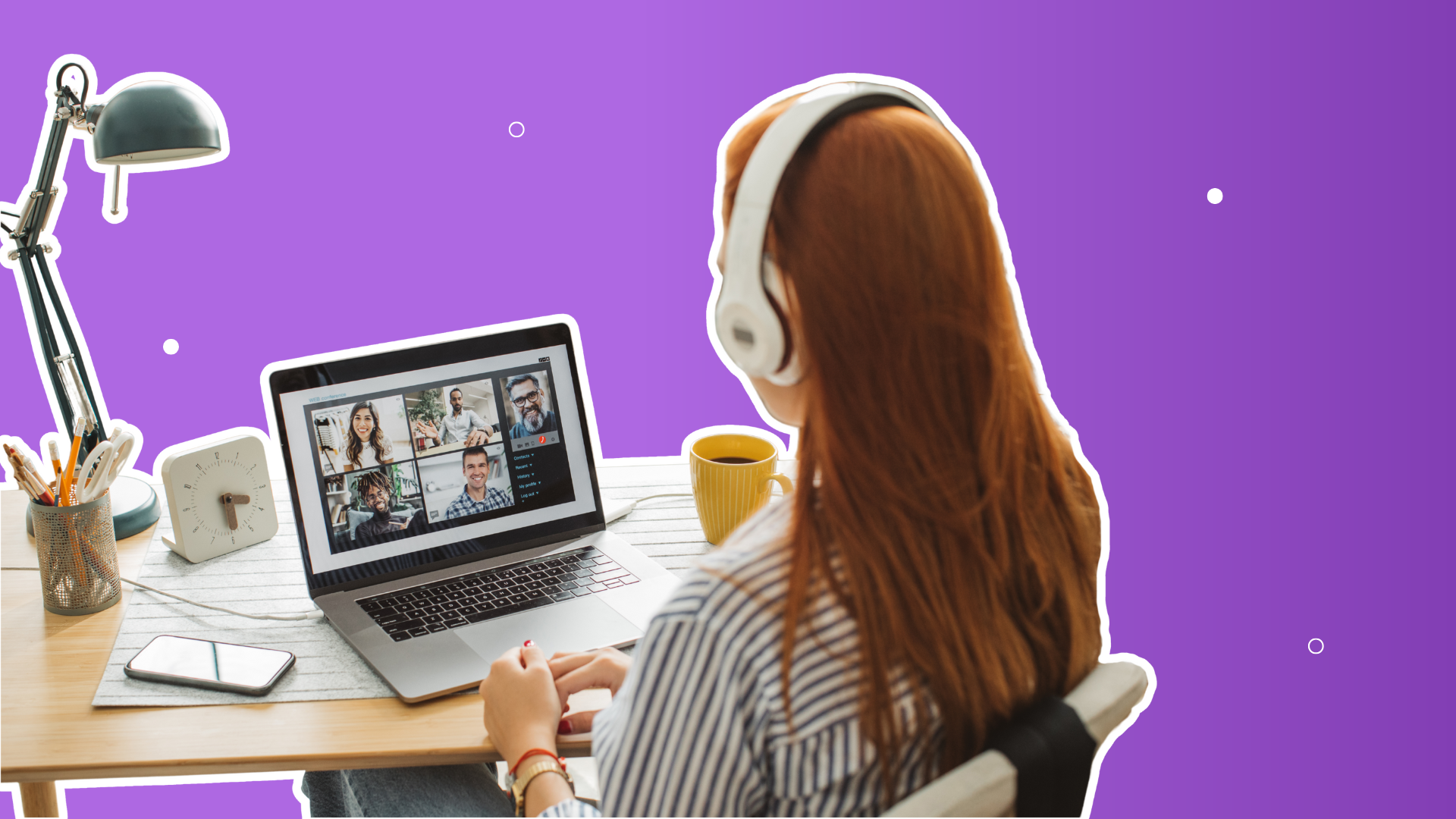Across higher education, institutions are redesigning academic support to meet a new set of student needs. Course demands are shifting. Student expectations are rising. Digital fluency is now a core part of learning. At the same time, many campuses are navigating budget constraints, staffing shortages, and the lingering effects of disrupted preparation.
Two approaches are proving especially powerful in this moment: peer tutoring and artificial intelligence. Each brings unique strengths to the table. Together, they can create a more efficient, more responsive, and more accessible academic support ecosystem.
Peer tutoring provides the human connection that helps students feel seen and supported. Artificial intelligence offers speed, structure, and personalization at scale. When institutions intentionally bring these together, they create learning environments that are both relational and adaptive, which is what students need most.
Peer Tutoring Remains a High-Impact Support Strategy
Peer tutoring continues to be one of the most trusted and effective forms of academic support. Students often learn best from peers who have recently mastered the same material and who understand the challenges of navigating a course, a major, or an institution.
Peer tutors build trust and confidence. They make help-seeking feel less intimidating. They strengthen communication and leadership skills that tutors carry into their careers. In a time when many students feel disconnected, the human element of peer tutoring remains essential.
How AI Can Strengthen Tutoring: Before, During, and After Sessions
The next frontier is not choosing between peer support and AI, but helping tutors use AI intentionally. With the right training and guidance, AI can support tutors at every stage of their work while preserving the authenticity and relational value of the session itself.
Before a Session: Preparation
Tutors can use AI to prepare more efficiently and thoughtfully. It can help them:
- Generate practice problems or review questions
- Draft examples tailored to different levels of difficulty
- Refresh their understanding of complex concepts
- Create structured plans for sessions
- Anticipate common areas of confusion
This preparation allows tutors to walk into sessions more confident and ready to focus on the student in front of them.
During a Session: Personalization and Clarity
AI can support tutors in real time when used appropriately, such as helping them:
- Provide alternative explanations when something is not clicking
- Break down concepts into simpler steps
- Offer visual or conceptual variations that match the student's learning style
- Model problem-solving approaches that tutors can then guide live
The tutor remains the primary source of connection and guidance, while AI offers flexible ways to adjust and clarify content.
After a Session: Reinforcement and Follow-Up
AI can help tutors create meaningful next steps for students. This may include:
- Summaries of what was covered
- Suggestions for targeted practice
- Custom study plans aligned with upcoming assessments
- Questions students can work on between sessions
These follow-ups help students retain what they learned and build confidence in their ability to continue making progress.
Human Guidance and Intelligent Tools Can Support Students Together
Higher education does not need to choose between relationships and technology. Students need both. They need supportive peer mentors who understand their lived experience. They also need tools that make academic support more timely, more consistent, and more accessible.
When colleges combine peer tutoring with artificial intelligence in a thoughtful, student-centered way, they create an academic support model that is modern and deeply human. It strengthens the learning environment without losing the connection at the heart of student success.
If your institution is exploring how to build or enhance a peer learning program that incorporates responsible use of AI, contact Knack to learn how a modern, student-centered approach can help every learner access the support they need.
